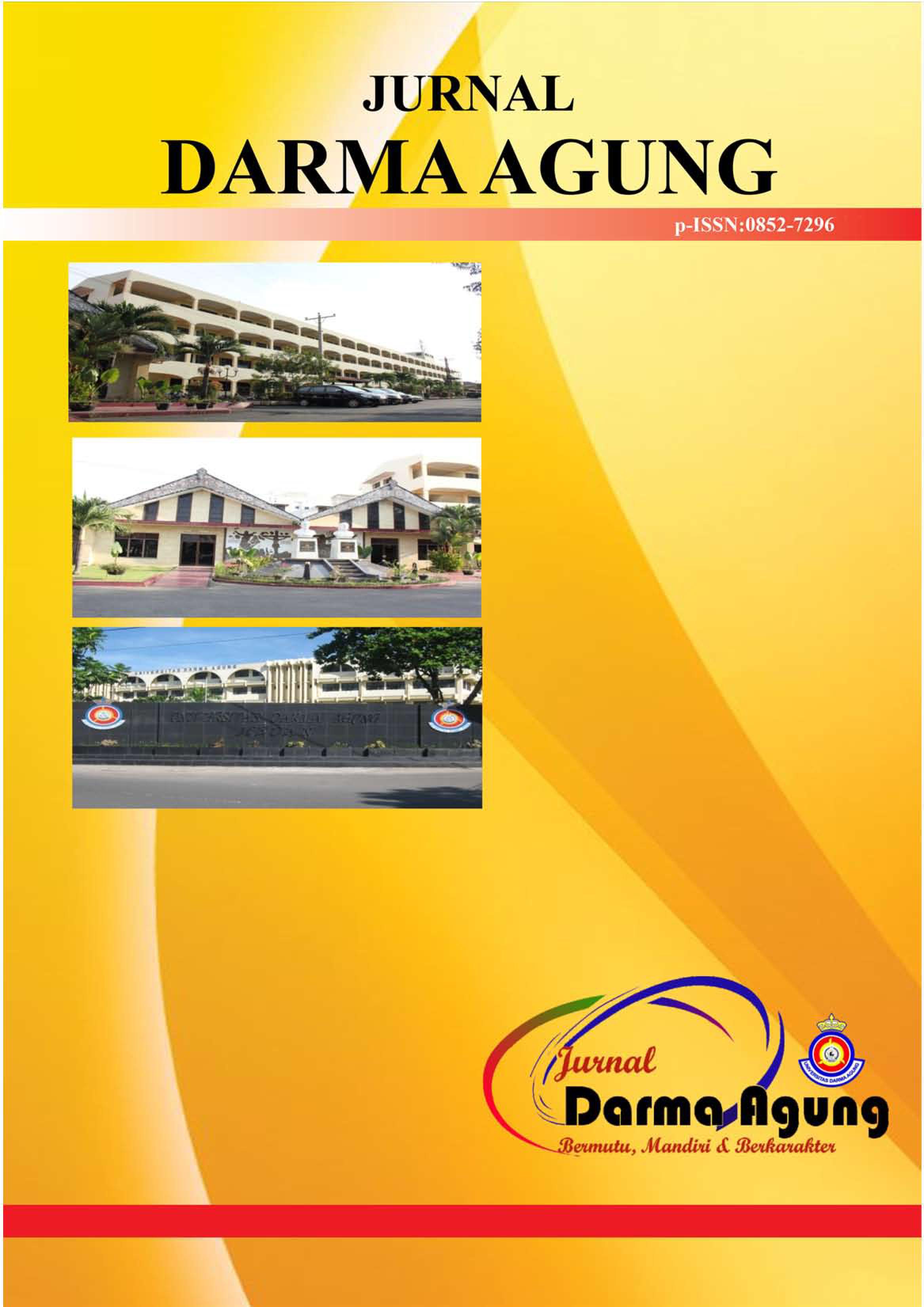LEGAL CONSEQUENCES OF THE JUDGE'S DECISION ON BIOLOGICAL CHILDREN FROM SIRI MARRIAGE
Abstract
Children born from a siri marriage can apply for the origin of children to obtain legal protection, as is the application for determination of the origin of children from siri marriage in the Karawang Religious Court Number: 440/Pdt.P/2023/PA.Krw. This raises the legal consequences between the biological father and the biological child determined by the Judge. The purpose of this study is to examine the legal consequences of the judge's determination of biological children from a siri marriage. The research used is normative legal research. The results of the study found that children from siri marriage who are determined as biological children should get the following rights: right to have an identity; right to sustenance and maintenance in the form of right to obtain education, health services, and obtain welfare; and inheritance rights through mandatory will. The obligation of the biological father to the biological child should be determined as sociologically obliged to protect the biological child so that the child is guaranteed and fulfilled the rights of the child so that the child can live, grow and participate optimally according to the dignity of humanity and get protection from violence and discrimination, the child becomes quality, good personality, and prosperous.

This work is licensed under a Creative Commons Attribution-NonCommercial-NoDerivatives 4.0 International License.
An author who publishes in the Jurnal Darma Agung agrees to the following terms:
- Author retains the copyright and grants the journal the right of first publication of the work simultaneously licensed under the Creative Commons Attribution-ShareAlike 4.0 License that allows others to share the work with an acknowledgement of the work's authorship and initial publication in this journal
- Author is able to enter into separate, additional contractual arrangements for the non-exclusive distribution of the journal's published version of the work (e.g., post it to an institutional repository or publish it in a book) with the acknowledgement of its initial publication in this journal.
- Author is permitted and encouraged to post his/her work online (e.g., in institutional repositories or on their website) prior to and during the submission process, as it can lead to productive exchanges, as well as earlier and greater citation of the published work (See The Effect of Open Access).













